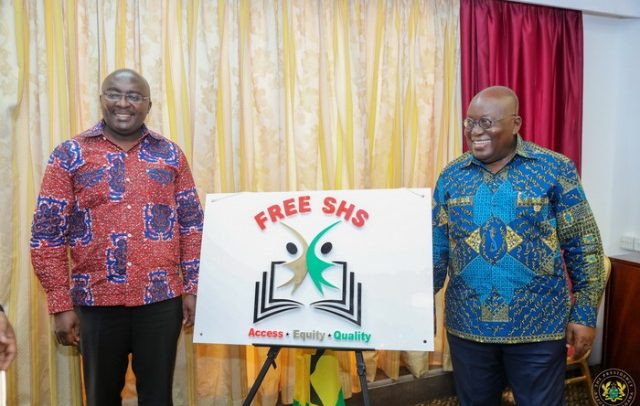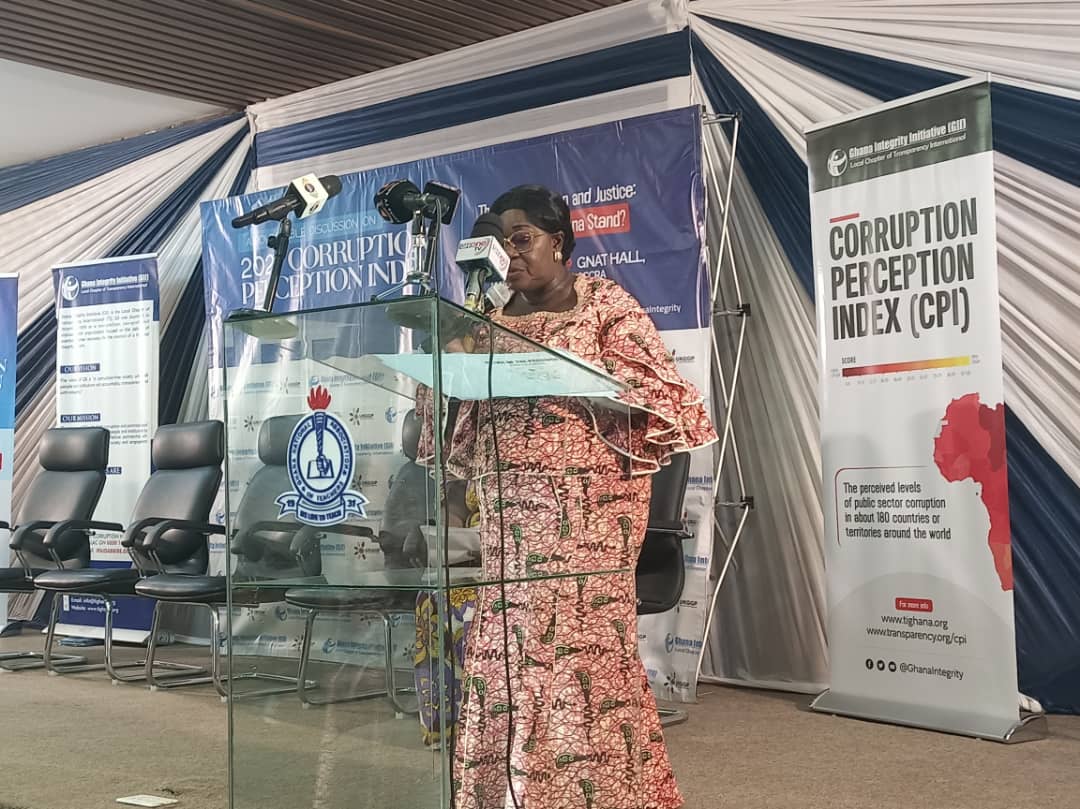
By Joshua Batsa NARH
Ghana’s oil and gas sector holds the keys to a brighter economic future, but the road ahead is littered with challenges—many of them self-inflicted. Institutions like the Ghana National Petroleum Corporation (GNPC), Petroleum Commission (PC), National Petroleum Authority (NPA), and the Tema Oil Refinery (TOR), are critical pillars of the nation’s resource-driven economy. Yet, their potential remains stifled by an Achilles’ heel: political interference.
For Ghana to unleash the full potential of its resources, it’s imperative to liberate these institutions from the constraints of political control. Let’s delve into why this is non-negotiable and draw lessons from global giants that have charted a successful course.
The Case for Political Independence
Strategic Vision Over Short-Term Gains
Political interference often results in shortsighted decision-making, with policies shaped by the whims of election cycles rather than sustainable growth. Independent institutions, on the other hand, provide stability, continuity, and focus.
Helge Lund, former CEO of Equinor, captures this perfectly: “To succeed in resource governance, you must keep political interests at arm’s length and let professionals drive decisions that ensure long-term national benefit over political expediency.”
In Ghana, this means policies that don’t change with every government but instead support the sector’s growth over decades. For example, decisions about exploration, licensing, or even refining capacity should be based on economic and technical merit, not on populist agendas.
Protecting Financial Integrity
Political meddling in oil and gas institutions is often a breeding ground for corruption, nepotism, and financial mismanagement. The siphoning of funds for political campaigns or appeasing cronies compromises public trust and deters investment. Paul Collier, in his seminal work The Plundered Planet, warns: “When natural resources are captured by politics, they become a curse instead of a blessing. Strong, independent institutions are the antidote to this curse.”
Ghana’s experiences echo this warning. TOR’s inefficiencies and GNPC’s deviations from its core mandate to fund politically driven projects exemplify how political control can derail institutional effectiveness. By insulating these institutions, Ghana can safeguard public resources, ensure transparency, and rebuild trust.
Attracting Talent and Investments
Investors and professionals gravitate towards environments characterized by predictability and meritocracy. Independent institutions foster both. Dr. Daniel Yergin, a leading voice in global energy, underscores this point: “Energy sectors flourish when governed by meritocratic systems and insulated from short-term political distractions. Predictability and professionalism are the cornerstones of global investment flows.”
Ghana’s oil and gas sector needs a regulatory environment where contracts, licensing, and operations are devoid of political risk. Similarly, attracting top-tier talent to GNPC or TOR requires competitive hiring based on expertise, not political connections.
Global Playbooks: Lessons from Success Stories
Norway: The Sovereign Wealth Pioneer
Norway’s Statoil (now Equinor) and Norwegian Petroleum Directorate (NPD) exemplify how independence drives success: Statoil operated as a commercial entity with performance benchmarks, free from political manipulation and NPD’s strict regulatory oversight ensured sustainable resource management.
The Result? A $1.7 trillion sovereign wealth fund—the largest globally—and policies that prioritize long-term prosperity over fleeting political gains has ensured intergenerational equity. Johan Sverdrup, a key architect of Norway’s oil success, noted:
“We treated oil as a national trust, requiring transparent and insulated institutions to ensure its prudent use for generations to come.”
Malaysia: PETRONAS’ Corporate Model
PETRONAS, one of the most profitable national oil companies globally, owes much of its success to its operational independence. Although it reports to the Prime Minister, PETRONAS adheres to strict corporate governance standards, shielding it from political interference. PETRONAS has evolved into one of the most profitable national oil companies (NOCs) worldwide and Positioned Malaysia as a regional energy hub.
Former CEO Tan Sri Wan Zulkiflee Wan Ariffin emphasized:
“Corporate governance is non-negotiable in ensuring that resource wealth benefits the entire nation rather than a select few.”
Botswana: A Diamond in Resource Governance
While not an oil story, Botswana’s partnership with De Beers in Debswana offers a compelling parallel. By balancing government oversight with operational autonomy, Botswana has turned diamonds into sustained economic growth.
Mo Ibrahim, founder of the Mo Ibrahim Foundation, praised Botswana’s approach:
“Botswana’s success lies in its ability to manage resources through strong institutions, transparency, and an unyielding focus on national interest.”
This partnership between government oversight and private-sector efficiency has fostered sustained economic growth, demonstrating the benefits of professional management free from political manipulation.
Reclaiming Ghana’s Energy Future
Governance Beyond Politics
Ghana must establish statutory boards for its oil and gas institutions, with fixed terms for directors and leadership appointments based on merit. Transparency in hiring and clear performance benchmarks will ensure these institutions operate professionally and independently.
Empower Regulatory Oversight
Grant entities like the Petroleum Commission legislative protections to shield them from political whims. The Petroleum Commission and similar bodies must be granted legislative protections to shield them from political interference. Regular audits, public reporting, and adherence to the Extractive Industries Transparency Initiative (EITI) will bolster accountability.
Privatize to Improve Efficiency
Partial privatization of operational entities like GNPC or TOR can introduce private-sector efficiency while retaining strategic state control. Jeffrey Sachs, renowned economist, supports this approach: “Resource wealth is a once-in-a-lifetime opportunity for developing nations. Without strong institutions and a long-term vision, it can become a missed opportunity instead.”
The Cost of Inaction
The consequences of politicization are already evident:
TOR’s Decline: Inefficiencies and mismanagement, often tied to politically motivated appointments, have crippled its operations.
GNPC’s Drift: The corporation has strayed from its core mandate, diverting resources to politically driven projects.
If left unchecked, these issues will continue to erode public trust, deter investors, and squander Ghana’s resource wealth. As Kofi Annan, Ghana’s own global statesman, wisely stated:
“Good governance is perhaps the single most important factor in eradicating poverty and promoting development. This applies doubly to managing natural resources.”
The Way Forward
Ghana stands at a crossroads. The choice is clear: remain tethered to the inefficiencies of politicized institutions or rise to the challenge of reform. By drawing on lessons from Norway, Malaysia, and Botswana, Ghana can design a future where its oil and gas institutions are synonymous with professionalism, accountability, and long-term vision.
The prize? A thriving energy sector that delivers not just profits but prosperity for generations to come. It’s time for Ghana to break free from the shackles of political interference and unlock the true potential of its oil and gas wealth.Top of Form
Bottom of Form
The writer is the Executive Chairman of the Energy Chamber Ghana / Director & Board Member at Wingfield Group
M: 233 (2789) 68690
The post Breaking free: why oil and gas institutions must escape political shackles appeared first on The Business & Financial Times.
Read Full Story

















Facebook
Twitter
Pinterest
Instagram
Google+
YouTube
LinkedIn
RSS